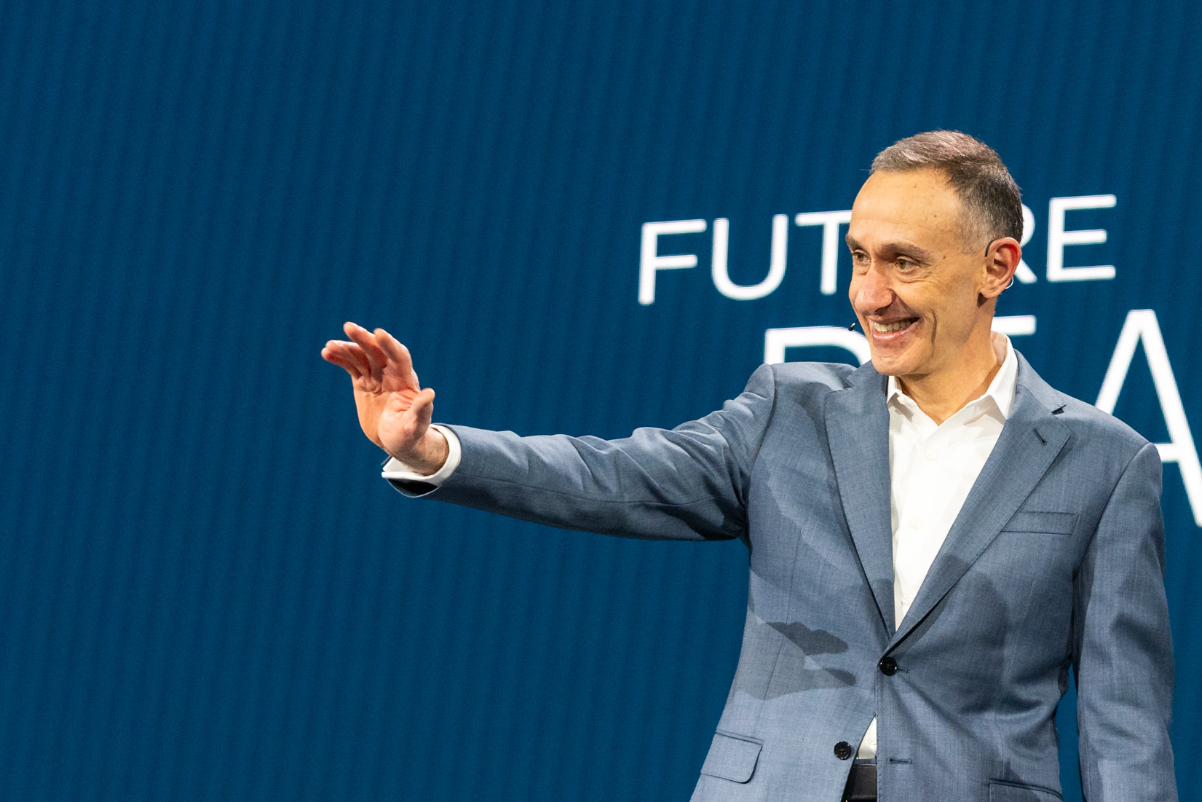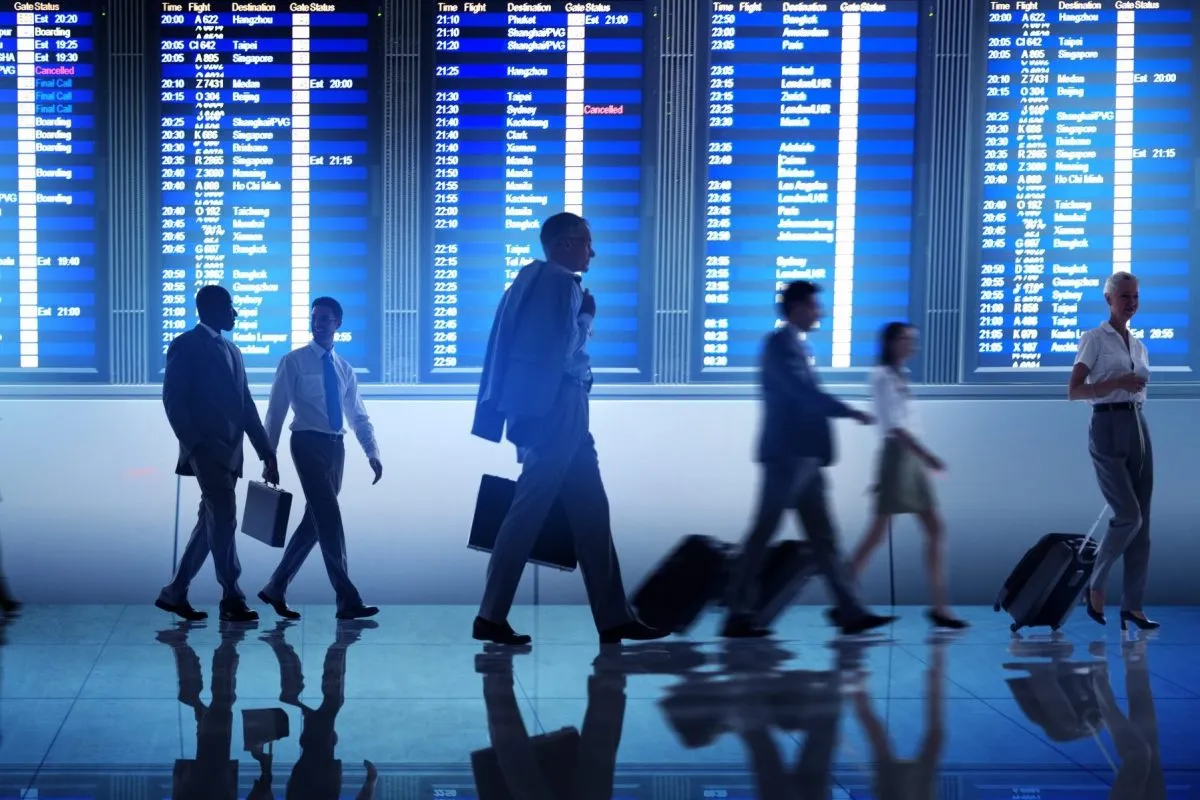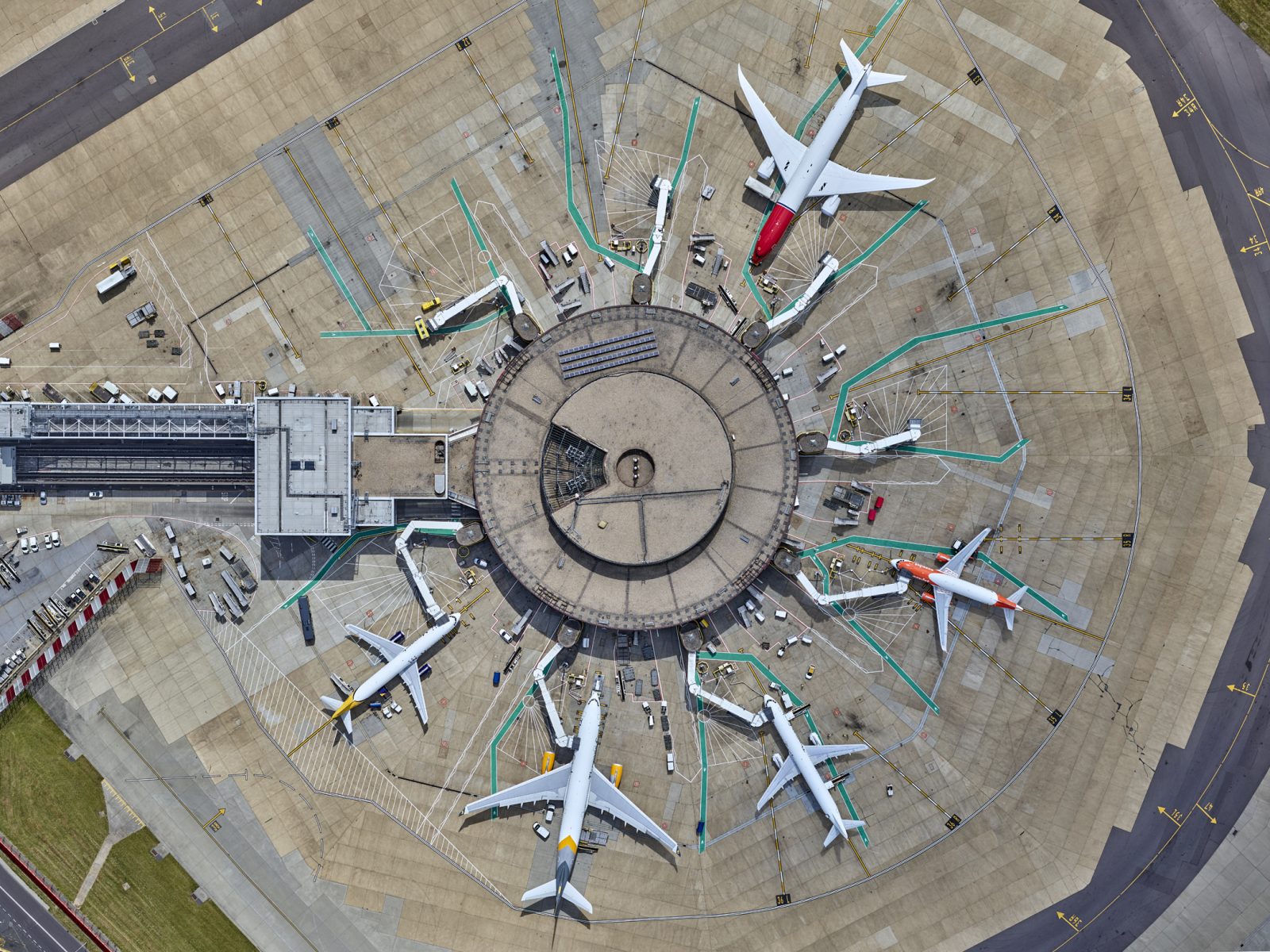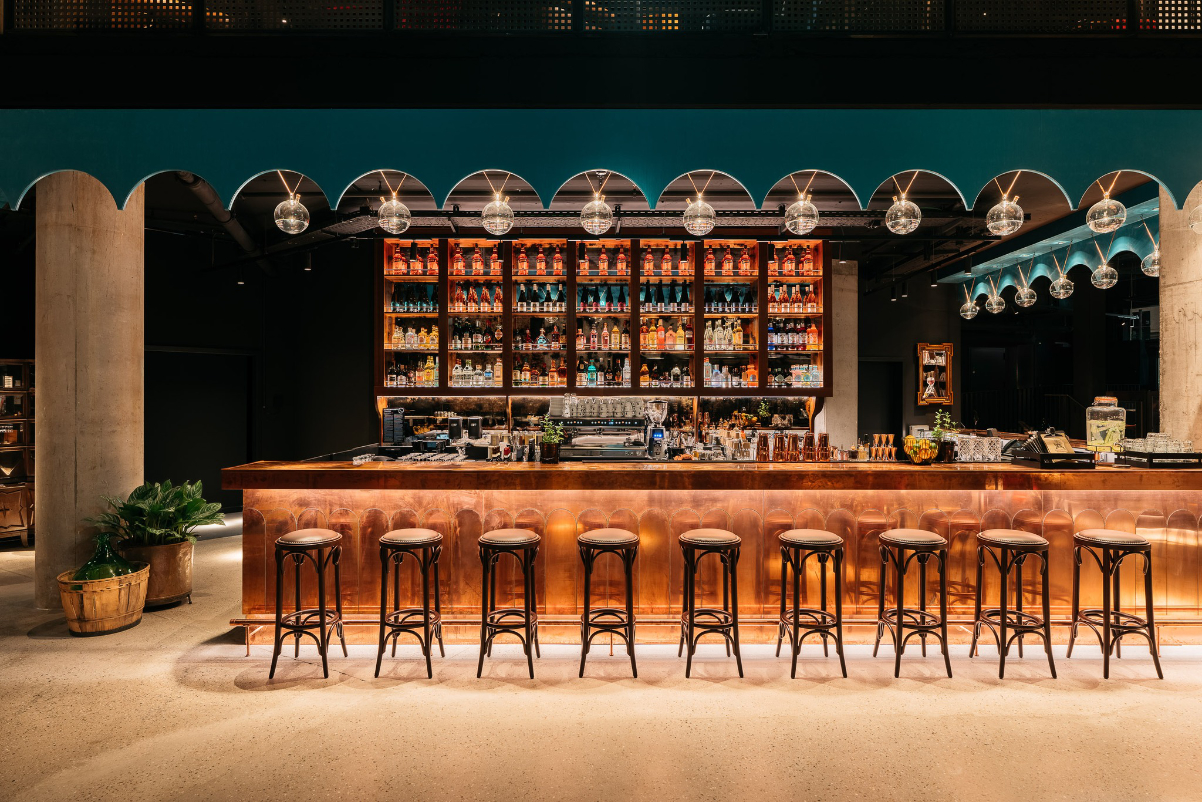Edition’s Slow Burn Growth Heats Up
Skift Take

Skift Daily Briefing Podcast
Listen to the day’s top travel stories in under four minutes every weekday.Good morning from Skift. It’s Monday, November 28. Here’s what you need to know about the business of travel today.
Listen Now
🎧 Subscribe
Apple Podcasts | Spotify | Overcast | Google Podcasts
Episode Notes
In the global world of hospitality, replicating a lifestyle hotel brand is a bit like walking on a tightrope blindfolded, writes Senior Hospitality Editor Sean O’Neill.
That is precisely where Marriott International finds itself with its Edition brand, co-created with hotel impresario Ian Schrager. Edition may finally be clicking with developers after a decade-long slow burn. The Tampa Edition that opened in September marked the 15th property in the series. Top executives expect to double that footprint within five years.
Marriott’s Edition brand of hotels straddle lifestyle and luxury segments by taking a strict approach to hiring, training, and development. Yet it’s proven harder for Marriott to crack the lifestyle category than it had hoped back in 2007 when it first partnered with Schrager to create Edition. In 2008, executives forecasted they would have opened about 100 Editions by around now, rather than 15.
It turns out being cool at scale is not that easy. Marriott CEO Anthony Capuano said at Skift Global Forum in September that the design is very bespoke, adding he’s not necessarily sure Edition is moving as rapidly as Marriott would like. “We always want things to go a little more quickly. But behind that 15 open hotels, there are another 12 to 15 signed, or under development, projects. It’s not a brand that we’re going to have 1,000 hotels,” Capuano concluded.
Next, we turn to Adventure travel specialist G Adventures, which is making a significant financial investment in Reforest, a digital platform that connects travelers with local communities that are restoring their ecosystems using reforestation, writes Corporate Travel Editor Matthew Parsons.
Reforest, which is based in Brisbane, Australia, said it enables travelers to give back by having their own trees planted in places where community tourism relies heavily on the preservation of the local environment.
The platform then provides travelers with tangible, visible, scientific data measuring the positive impact of the trees planted on their behalf — including drone-based footage and satellite imagery.
We end with the announcement on Friday by the Japanese government that it’s planning to resume its domestic travel discount program in the new year.
Associate Editor Rashaad Jorden writes that tourism Minister Tetsuo Saito said the government will decide when exactly to relaunch the program, which was initially expected to conclude on December 28, after monitoring Covid cases in the country. Participants in the program, a campaign the government hopes will resurrect a tourism industry battered by the pandemic, are required to have received at least three Covid vaccine doses or test negative for the virus. The Japanese government relaunched the travel discount program in October after pausing it during the heart of the pandemic.
Meanwhile, discounts offered in the program will be reduced next year, with the discount rate to drop to 20 percent from the current 40 percent.





